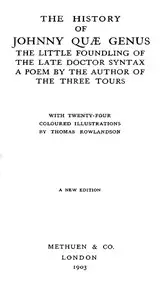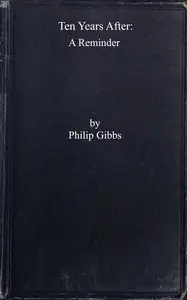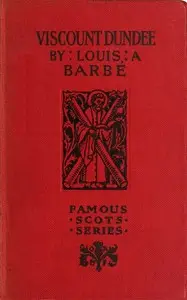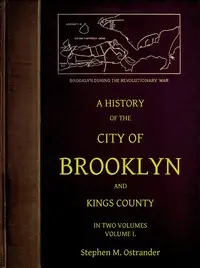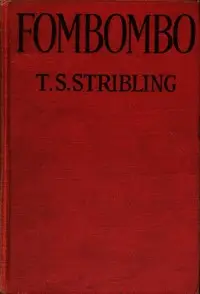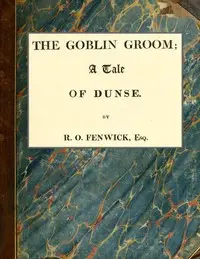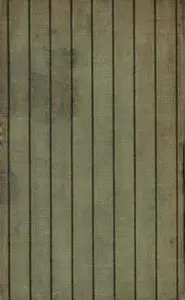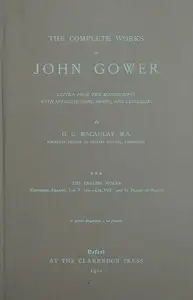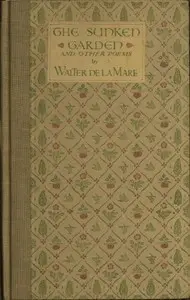"The First of April; or, The Triumphs of Folly" by William Combe is a satirical poem written in the late 18th century. The book creatively explores the absurdities and follies prevalent in society, particularly focusing on the frivolities associated with fashion, rank, and social behavior. Through vivid imagery and engaging language, Combe critiques the superficiality of high society while reflecting on the universal nature of folly. The narrative unfolds on the first day of April, a day symbolizing folly and foolishness, as the author is drawn into a grand celebration presided over by the Queen of Folly. Throughout this satirical festival, various characters representing the excesses of society—including the vain, luxurious, and morally ambiguous—offer their tributes to the Queen. As these offerings are presented, Combe uses humor and sharp commentary to illustrate the emptiness and futility of their pursuits, leading to a deeper critique of human nature and societal norms. The poem ultimately serves as a reflection on the timeless theme of folly, inviting readers to contemplate the inherent absurdities within their own lives and the world around them. (This is an automatically generated summary.)

The first of April; $b or, The triumphs of folly A poem dedicated to a celebrated duchess. By the author of The Diaboliad.
By William Combe
"The First of April; or, The Triumphs of Folly" by William Combe is a satirical poem written in the late 18th century. The book creatively explores th...
William Combe was a British miscellaneous writer. His early life was that of an adventurer, his later was passed chiefly within the "rules" of the King's Bench Prison. He is chiefly remembered as the author of The Three Tours of Doctor Syntax, a comic poem, illustrated by artist Thomas Rowlandson's colour plates, that satirised William Gilpin. Combe also wrote a series of imaginary letters, supposed to have been written by the second, or "wicked" Lord Lyttelton. Of a similar kind were his letters between Swift and "Stella". He also wrote the letterpress for various illustrated books, and was a general hack.


